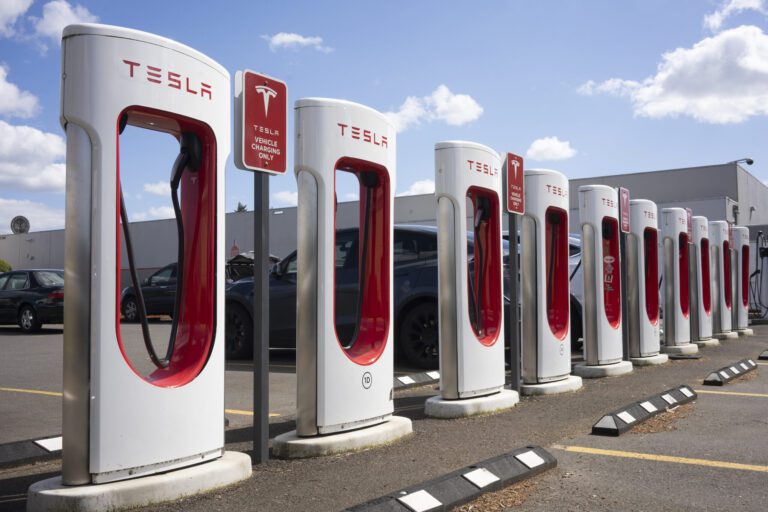Trump Revokes California’s Clean Air Act Waiver: What It Means for Emission Standards
On Thursday, President Trump took a significant step in reshaping environmental regulations by revoking California’s special waiver under the Clean Air Act. This move effectively dismantles the state’s authority to set stricter emission standards for passenger cars and heavy trucks, commonly known as California’s EV mandate.
Key Legislative Actions
President Trump signed three resolutions under the Congressional Review Act that target specific California regulations aimed at promoting electric vehicles (EVs). The key elements include:
- Advanced Clean Cars II Program: This initiative aimed to increase the adoption of electric and zero-emission vehicles across the state.
- Heavy-Duty Engine Standards: These regulations imposed penalties and incentives designed to encourage consumers to switch to cleaner vehicle options.
Before signing the resolutions, Trump emphasized the irrevocable nature of this action, declaring, “In a few moments, I will sign three pieces of legislation that will kill, totally kill… And they’re never coming back.”
Implications for the Automotive Market
The president posited that the legislative changes would lead to:
- Lower Prices: A potentially reduced cost of vehicles.
- Better Cars: Improvements in the quality and efficiency of vehicles on the market.
- More Choice: A diversified range of options for consumers.
California had ambitious goals for electric vehicle adoption, aiming for 35% by 2026, 68% by 2030, and complete adoption by 2035. However, adoption rates have lagged, with state projections estimating only 6% of light-duty vehicles would meet EV criteria by the end of 2024.
Support for the Resolutions
Industries affected by California’s stringent regulations praised Trump’s decision:
Chris Spear, President and CEO of the American Trucking Association, commented:
“Today, common sense prevailed… President Trump is restoring the certainty that the trucking industry needs to deliver for our nation while reducing our environmental impact.”
Similarly, General Motors applauded the revocation, stating:
“We appreciate the actions taken by President Trump… and offer customer choice across the broadest lineup of gas-powered and electric vehicles.”
California’s Response
California’s Attorney General Rob Bonta strongly condemned the president’s actions, announcing intentions to pursue legal challenges against the Trump administration. Bonta stated:
“California won’t let Washington roll back decades of progress. Our standards save lives and protect our planet.”
He argues that revoking the EPA waiver, reinstated by the Biden administration in 2023, is untested in legal precedent.
Market Dynamics and Future Outlook
Despite California’s planned legal battles, critics suggest that the market conditions already render the state’s ambitious goals for 2035 unattainable. Some believe that the resolution signed by Trump is a necessary correction, while others view it as a harmful retreat from essential climate action.
At one point during the signing ceremony, Trump also shared his opinion on the financial incentives for electric cars, remarking, “Now we know why Elon doesn’t like me so much,” in reference to Elon Musk, the CEO of Tesla, though he quickly added, “He does, he does.”
Conclusion
The revocation of California’s Clean Air Act waiver has set the stage for contentious debates about the future of environmental regulations in the United States. The clash between state goals and federal policies raises crucial questions about the balance of power in environmental governance and the role of market forces in transitioning to cleaner technologies. As legal battles loom, the outcome may significantly shape the automotive industry and environmental policy in the years to come.
For more information on the regulations and their impact, visit the EPA’s official site, or explore the implications of the Congressional Review Act here.


